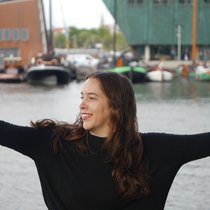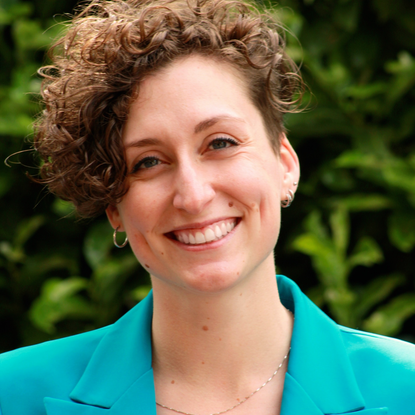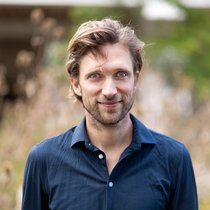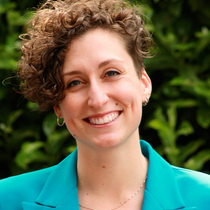In Amsterdam, plastic leaks through the canals and the IJ towards the sea and coastal areas. The economic impact of this is huge. Cleaning up litter is an increasing cost item for the city and region. Every day, cleaners remove 3,500 kilos of plastic waste in only Amsterdam inner-city waters: dredging and removing floating and bulky waste from the water in Amsterdam costs €3.2 million annually. And there are broader socioeconomic and environmental costs of urban plastic pollution – eg loss of biodiversity, damage to ships and hydraulic infrastructure, and hindrance to shipping – that are not yet in the picture.
“This project works towards a cleaner and healthier public space in the city by monitoring, reducing and circular processing of the harmful urban plastic soup”
Irene Luque Martin
Former Project Manager Research & Innovative projects at AMS Institute

Aim of the project
The aim of the project is fourfold:
- Develop a scientifically validated, harmonized, scalable and replicable monitoring system and measure the amount and impact of plastic waste in Amsterdam's waters – as a blueprint for other cities at home and abroad.
- Technical further development, installation and monitoring of three complementary plastic reduction and capture systems of companies, including insight into the business case and social costs and benefits per system.
- Develop a decision support tool with which governments can realize the reduction of plastic waste in urban water and rivers, including a concrete strategy for the top 20 most common types of plastics with corrective, preventive and policy measures and associated KPIs.
- Realize a circular processing route for valorisation of plastic waste and set up a start-up.
Multidisciplinary approach
The project is at the intersection of the circular economy and health and contributes to innovation in these sustainable growth sectors by creating innovative and marketable solutions for the reduction and up-cycling of plastic litter. This is done based on an intensive quadruple helix collaboration between governments, the business community, knowledge institutions and residents, carried out in accordance with the successful AMS Urban Living Lab methodology. The innovations in waste reduction and upcycling are also supported by a new monitoring system, which provides the city with structural insight into the size and causes of the plastic problem and the most cost-effective measures to solve it.
Aiming for impact
The Urban Plastic Soup project contributes to creating impact on different areas:
- The project provides investment space and flexibility for the managers of public space and waters by enabling reduction and optimization of cleaning work (municipality, water boards, WWTP)
- The project contributes to a healthy public space and recreational experience of Amsterdam as a clean city for residents and visitors
- The project improves the environmental quality and navigability of the IJ and its surroundings (banks, water column and bottom), up to the North Sea. This also reduces plastic emissions to the sea from Amsterdam.
- The project reduces the ecological damage as a result of urban consumption (including birds and fish think that macro plastic is food or get trapped in it)
- The project contributes to the awareness of city residents and visitors for a more sustainable world and a healthier living and living environment, by enthusing them and encouraging them to contribute creatively to solutions.
Visit our project website for the latest updates, insights, and data on plastic pollution, along with information on our ongoing work and upcoming activities.
This project is made possible through the support of TAUW Foundation.
| Duration: |
|
Project members
Partners








